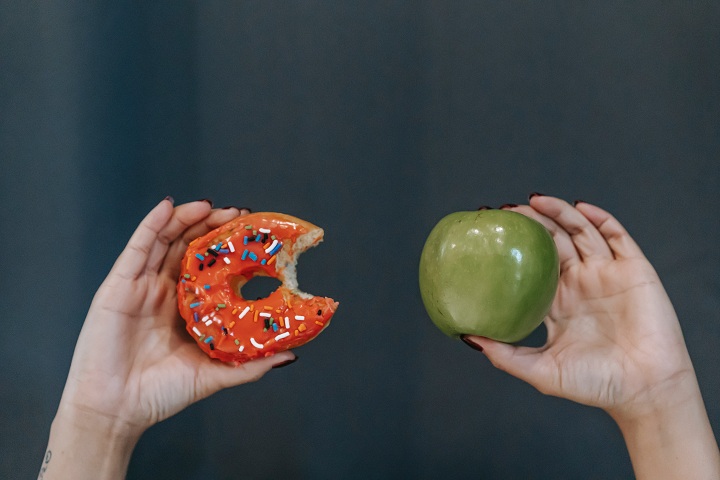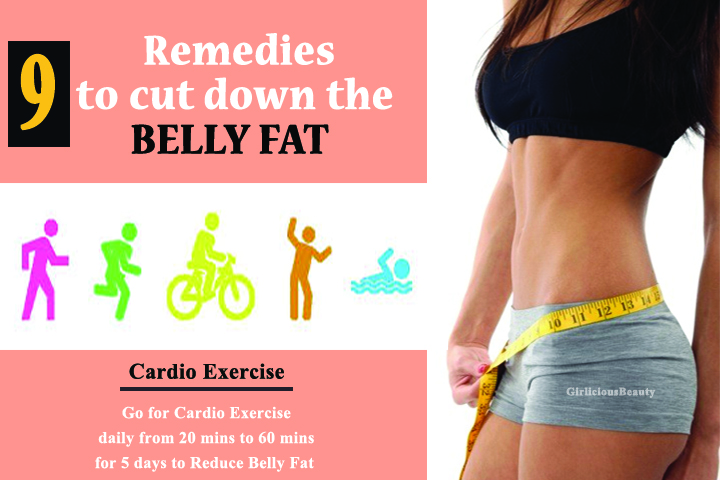It is not easy to separate the effects of nutrition from those of other factors, therefore the complete picture of how diet affects fertility is not evident. We do know that whole grains, healthy fats, and lean proteins are optimal for both conception and general health.
The health and development of your infant baby are affected by the diet you eat before becoming pregnant. Pregnant women whose diets are high in saturated fat and sugar are more likely to give birth to children who will develop hypertension and obesity.
By adjusting now, you can avoid complications during your pregnancy. Pregnancy complications are more likely to occur when the mother has a high body mass index.
What to Eat for Maximum Fertility
There are no miracle foods that will help you conceive, but you can improve your chances of becoming pregnant by making some basic dietary changes.
1. Lentils with Beans
The high fiber and protein content of beans and lentils has been shown to stimulate ovulation. Vegetarian protein sources have been proven to be just as effective as animal protein in reducing the chance of ovulatory infertility. Folic acid, an essential component that helps in conception and promotes good embryo development, can be found in both of these legumes in high concentrations.
2. Sunflower Seeds
Sunflower seeds are a simple approach to keeping sperm counts up without making any major dietary adjustments. Vitamin E, found in abundance in unsalted, roasted sunflower seed kernels, has been shown to improve sperm count and motility. Zinc, folic acid, and selenium can all be found in high concentrations in sunflower seeds; all three minerals are essential for healthy reproduction.
3.Find a healthy fat source
In both sexes, trans fats have deleterious effects on fertility and health. Trans fats can be found in hydrogenated oils, packaged snacks, baked products, junk foods, shortening, and some animal fats, therefore it’s best to stay away from these. Choose omega-3 rich seafood twice weekly in addition to other fatty fish.
4. Fruits of the Citrus Family
Citrus fruits, such as oranges, grapefruits, and lemons, are rich in a number of nutrients that can improve your chances of conceiving and keeping a baby healthy, including potassium, calcium, and folate, a B vitamin that plays a role in ovulation regulation and egg health. In addition to your usual daily fruit intake, try to have one serving of citrus fruit, such as grapefruit, orange, clementine, or kiwi, daily.
5. Dry-Aged Cheeses
Consuming aged cheeses like cheddar, mozzarella, and manchego may be beneficial to sperm quality. Polyamine content increases with age cheese. Plant and animal products include polyamines since they are proteins. Additionally, they occur normally in the human body.
Polyamines have been shown to have potential roles in both sperm and egg development. The polyamine putrescine, found in abundance in aged cheese, may contribute to sperm health. The egg quality of women over the age of 35 is thought to improve after taking putrescine. (It’s true, grapefruit also contains putrescine.)
6. Complex Carbohydrates
You’ve never met a carb you didn’t like, right? It’s time to start being a little pickier. Consume complex carbohydrates (whole grains, legumes, veggies, and fruits) rather than processed carbohydrates whenever possible. Because your carb intake may have an effect on your fertility. Reasons why Refined carbs raise insulin and blood sugar levels, which is bad news for women trying to conceive because it can throw off their hormones and disrupt their menstrual cycle. In contrast, complex carbohydrates are digested slowly and don’t produce insulin surges; they may even help maintain regular ovulation.
7. Add in a multivitamin
Multivitamin use has been linked to a lower risk of ovulatory infertility. Some of the top gynecologist from Marham agree that, if women take three or more multivitamins weekly, they may reduce their risk of ovulatory infertility by as much as 20 percent. Vitamins and other micronutrients play crucial roles in sperm development.
There may be some further benefits for women attempting to conceive when taking a multivitamin that includes folate.
Talk to your doctor about taking any supplements, such as multivitamins, that may hasten your pregnancy.
8. Folic Acid is a must, so don’t forget it!
Women attempting to conceive should have 400 micrograms per day of folic acid from supplements and foods like dark leafy vegetables and fortified cereals, although this won’t make you more fertile. Neural tube malformations can be avoided with enough folic acid. Three to four weeks after conception, before most women are aware they are pregnant, the neural tube begins to develop into the brain and spine.
A licensed dietitian nutritionist is your best resource for learning about fertility-boosting foods and developing a tailored diet plan.
9. Full-Fat Dairy
There’s mounting evidence that women’s fertility is boosted when they consume regular servings of full-fat dairy products. Researchers found that women who consumed significant amounts of dairy fat reduced their risk of infertility by 27 percent.
In contrast, it has been suggested that regular consumption of low-fat dairy products may raise the incidence of ovulatory infertility.
Conclusion
For a healthy physique and reproductive system, as well as to increase your chances of becoming pregnant, eating well is essential.
If you want to have a child, you should immediately adopt a healthy diet and way of life. But try not to allow anxiety and concern to get you down. To figure out what options are best for you, consult with the best gynecologist in Karachi.
FAQs
1. What factors make it more difficult to conceive?
Some of the factors affecting a couple’s fertility may be within their control. Excessive or inadequate weight, eating disorders, excessive activity, tobacco use, and alcohol abuse are all risk factors for women.
2. What can cause a pregnancy to be delayed?
Ovulation is a natural process, although it doesn’t always happen on schedule for women. Conditions including polycystic ovarian syndrome (PCOS), hormone imbalances, and obesity can all contribute to irregular menstrual periods. Excessive exercise, stress, and low body weight can potentially interfere with ovulation.
3. How long does fertilization take?
Fertilization takes place when a sperm cell fuses with an egg, which can take up to six days following sex. The embryo travels in the direction of the uterus. About three to four days after fertilization, the embryo makes its way to the uterus, where it can remain for another few days.






